LATEST NEWS


In trying to elude his Senate interrogators by offering what appeared to be a filigree of fibs and half-truths, Brett Kavanaugh continually painted himself into corners.
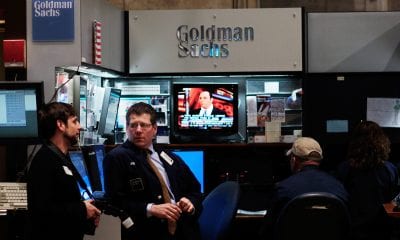

Critics are questioning the motives behind a banking giant’s socially responsible investment strategy.
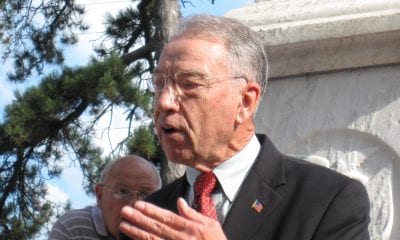
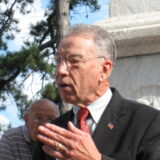
Co-published by Newsweek
Senator Charles Grassley has raced to confirm Brett Kavanaugh, in spite of sexual assault allegations against the Supreme Court nominee. Contrast this with Grassley’s public support for victims of sexual harassment in the judicial branch during a June hearing of his committee.


California’s Medically Tailored Meals pilot program could lead the medical industry, and especially insurers, to include nutrition as part of overall health care.


Co-published by WNYC and Sludge
Revolving Doors: New York state’s chief investment officer invested millions of retirement dollars in a fossil fuel company – and then joined the company’s board the same week she retired.


Good news/bad news for state schools. Charter lobby’s burned bridge problem. Austin Beutner ratchets up tensions with Los Angeles teachers.


Co-published by Fast Company
Much of the recent gathering in San Francisco involved corporate and government backslapping — noble but too easily mocked.
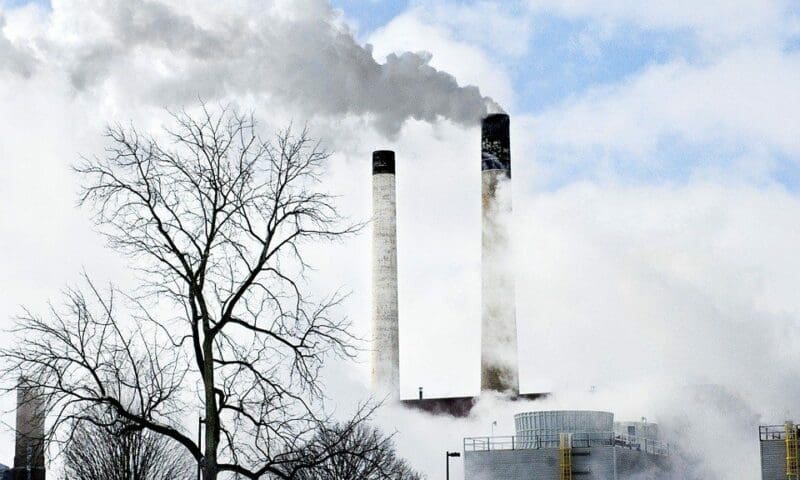

Environmentalists are hoping that a trial, due to begin October 29, will explain to the public how the government has known for decades about the dangers of fossil fuels but failed to act on this knowledge.

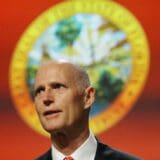
Co-published by MapLight
For most of his time in office, Florida’s governor has shielded his investments from public view. A new disclosure shows Rick Scott and his wife have invested at least $18 million in financial firms managing money for the state’s pension system that he oversees.


Wanted: Black College Students (just not at our college). Diane Ravitch’s Power Elitists. An inconvenient truth for LAUSD.
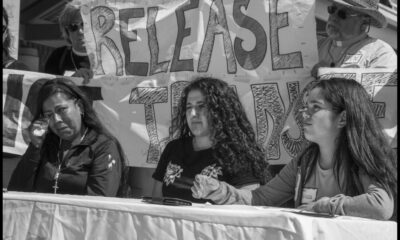
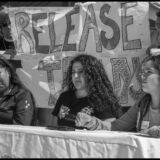
ICE contended that forcing Contra Costa County to divest from cooperation in immigrant detention would harm the detainees — an argument similar to those heard during the fight for divestment from apartheid in South Africa.


“Those of us who’ve been working on environmental justice and climate justice,” says Mustafa Ali, “understand we’re talking about housing, transportation, the environment, public health and jobs.”
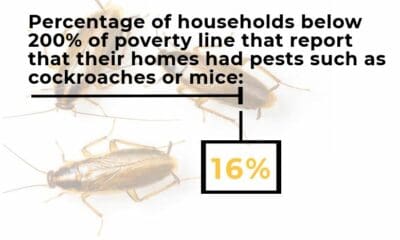
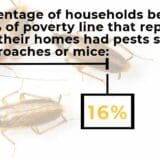
For more information, read Jessica Goodheart’s story on squeezed Los Angeles tenants, “The Rent’s Getting Too Damn High!”


Sweat ‘s unflinching mission is to lay out the slow strangulation of the American Dream.
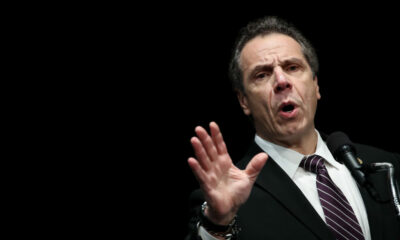
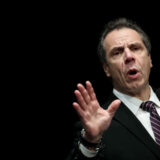
Co-published by WNYC New York Governor Andrew Cuomo’s administration delayed — rather than blocked — a fracked-gas pipeline project just before Cuomo hired Maggie Moran, a registered lobbyist for the pipeline’s parent company, to run his reelection campaign.
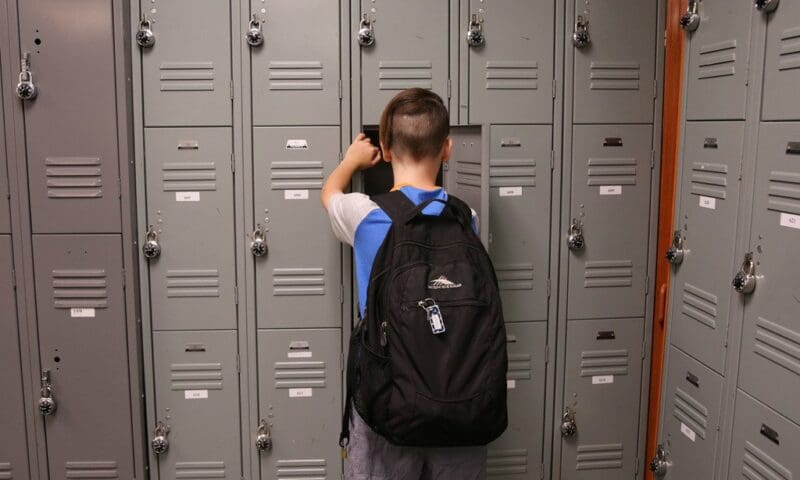

Why Betsy can’t count. How school kids lost 11 million days of class. Will CAVA cave?


Legal scholar Erwin Chemerinsky says the Supreme Court nominee “is going to move constitutional law very substantially to the right, and this will hurt a lot of people. I think he’s going to be the fifth vote to gut many federal civil rights laws.”


“Kavanaugh,” says UC Berkeley law school dean Erwin Chemerinsky, “doesn’t have to say any more than is needed to make sure he doesn’t lose the Republican vote, and he knows that.”


Since 1983 six inmate firefighters have died while working on fire containment. Today they are paid $2 per day — and an extra $1 when fighting active fires.


Tensions mount between L.A. teachers and the city’s public school district. Betsy DeVos’ No Gun Left Behind grants. Will California’s charter school law be revised after 26 years?